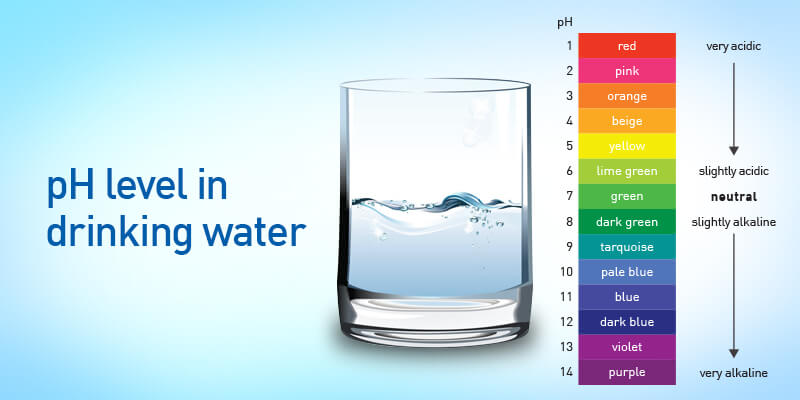Water is the essence of life, and its quality plays a crucial role in maintaining good health. One key factor that determines water quality is its pH level. The Drinking Water pH Level can influence everything from hydration to digestion and overall well-being. But how important is it to find the right pH balance? Let’s dive into the science and facts surrounding pH levels in drinking water and their impact on health.
Understanding pH Levels in Water
The pH scale ranges from 0 to 14, with 7 being neutral. Anything below 7 is considered acidic, while anything above 7 is alkaline. In the case of drinking water, the Optimal pH Level Drinking Water should ideally fall between 6.5 and 8.5, as recommended by the Environmental Protection Agency (EPA). This range ensures water is neither too acidic nor overly alkaline, maintaining its safety and effectiveness for human consumption.
Natural water sources vary in pH due to environmental factors such as mineral content, pollution, and the presence of dissolved gases. For example, rainwater tends to have a pH of around 5.6 due to dissolved carbon dioxide, making it slightly acidic. On the other hand, natural spring water often contains minerals like calcium and magnesium, which can increase its alkalinity.
How Drinking Water pH Level Affects Health
The pH level of drinking water can influence various bodily functions. Here’s how different pH levels impact your health:
· Acidic Water (pH < 6.5): Drinking acidic water over long periods may cause gastrointestinal discomfort and leach essential minerals from the body. Acidic water can also corrode plumbing, introducing harmful metals like lead and copper into the water supply.
· Neutral to Slightly Alkaline Water (pH 7 - 8.5): Water within this range is considered safe and beneficial for daily hydration, supporting bodily functions like digestion, circulation, and detoxification.
· Highly Alkaline Water (pH > 8.5): Some studies suggest that drinking alkaline water may help neutralize acid in the body and support hydration. However, excessive alkalinity may cause metabolic imbalances and gastrointestinal issues in some individuals.
Scientific Insights on Optimal pH Level Drinking Water
While many health trends promote alkaline water for its supposed benefits, scientific research offers mixed conclusions. The World Health Organization (WHO) states that water with a pH level between 6.5 and 8.5 is safe for consumption but does not necessarily offer significant health benefits beyond hydration.
A 2012 study published in the Annals of Otology, Rhinology & Laryngology found that water with a pH of 8.8 could help neutralize stomach acid and relieve acid reflux symptoms. Another study in The Journal of the International Society of Sports Nutrition suggested that alkaline water may improve hydration and blood viscosity in athletes, aiding in performance and recovery. However, these benefits are still debated, and no conclusive evidence proves that alkaline water is superior to neutral water for general health.
The Role of Drinking Water for Health
Regardless of pH, proper hydration is essential for maintaining optimal health. Drinking water for health benefits goes beyond pH levels and includes factors such as mineral content, purity, and contamination levels. Here are a few key components of healthy drinking water:
· Essential Minerals: Calcium, magnesium, and potassium naturally occur in water and contribute to bone health, muscle function, and electrolyte balance.
· Low Contaminants: Safe drinking water should be free from harmful contaminants like heavy metals, bacteria, and chemicals.
· Good Taste & Odor: Water that tastes fresh and clean encourages regular consumption, helping individuals stay hydrated.

Comparing Different Types of Drinking Water pH Levels
The pH of drinking water varies depending on its source and processing methods. Here’s a quick comparison of common water sources and their typical pH levels:
· Tap Water: Generally falls between pH 6.5 and 8.5, depending on municipal treatment processes and water source.
· Bottled Water: Typically has a pH of 6.5 to 7.5, though some brands market alkaline options with pH levels up to 9 or 10.
· Spring Water: Naturally contains minerals that can raise its pH to around 7.5 to 8.5.
· Distilled Water: Usually has a pH of around 5.5 to 6.5 due to a lack of minerals.
· Alkaline Water: Can range from pH 8 to 10, depending on mineral content and processing methods.
Should You Adjust Your Drinking Water pH Level?
Most people do not need to alter the pH of their drinking water, as tap water is usually well-regulated and safe. However, if your water source is too acidic or contains contaminants, adjusting the pH may be beneficial.
Methods to balance pH levels include:
· Filtration Systems: Carbon filters and reverse osmosis systems help remove impurities and neutralize pH.
· Alkaline Water Machines: These devices increase pH by adding minerals such as calcium and magnesium.
· Adding Natural Alkalizers: Lemon juice, baking soda, or mineral drops can adjust pH levels in water.
Conclusion: The Ideal pH for Drinking Water for Health
Maintaining a balanced Drinking Water pH Level is essential for optimal hydration and overall well-being. While the Optimal pH Level Drinking Water falls between 6.5 and 8.5, individual preferences and health conditions may influence the best choice for each person. Drinking water for health should prioritize cleanliness, mineral content, and safety rather than just pH levels alone.
Ultimately, staying hydrated with clean and safe water—regardless of whether it is neutral or slightly alkaline—is the best approach for long-term health. Whether you prefer tap, bottled, or alkaline water, ensuring its quality is the most critical factor in promoting overall well-being.
At BoostedOxygenWater, we provide premium-quality water with the optimal pH level to support health and hydration. Our carefully balanced formula ensures safe and effective drinking water, enriched with essential minerals for enhanced well-being. Whether you're a retailer, distributor, or business looking for high-demand drinking water for health, our wholesale solutions guarantee top-tier quality and customer satisfaction. Partner with us to offer the best in hydration!
Schedule a call today to explore exclusive wholesale pricing and customized solutions for your business. Let’s boost hydration together!
Reference:
1. Aldhamin, A. (2023). Evaluation of the quality of potable water in al-rusafa side, baghdad, iraq. Bionatura, 8(4), 1-10. https://doi.org/10.21931/rb/2023.08.04.53
2. Brancaccio, P. (2012). Influence of acqua lete® (bicarbonate calcic natural mineral water) hydration on blood lactate after exercise. The Open Sports Medicine Journal, 5(1), 1-7. https://doi.org/10.2174/1874387001206010001
Brancaccio, P., Limongelli, F., Paolillo, I., D’Aponte, A., Donnarumma, V., & Rastrelli, L. (2012). Supplementation of acqua lete® (bicarbonate calcic mineral water) improves hydration status in athletes after short term anaerobic exercise. Journal of the International Society of Sports Nutrition, 9(1). https://doi.org/10.1186/1550-2783-9-35

